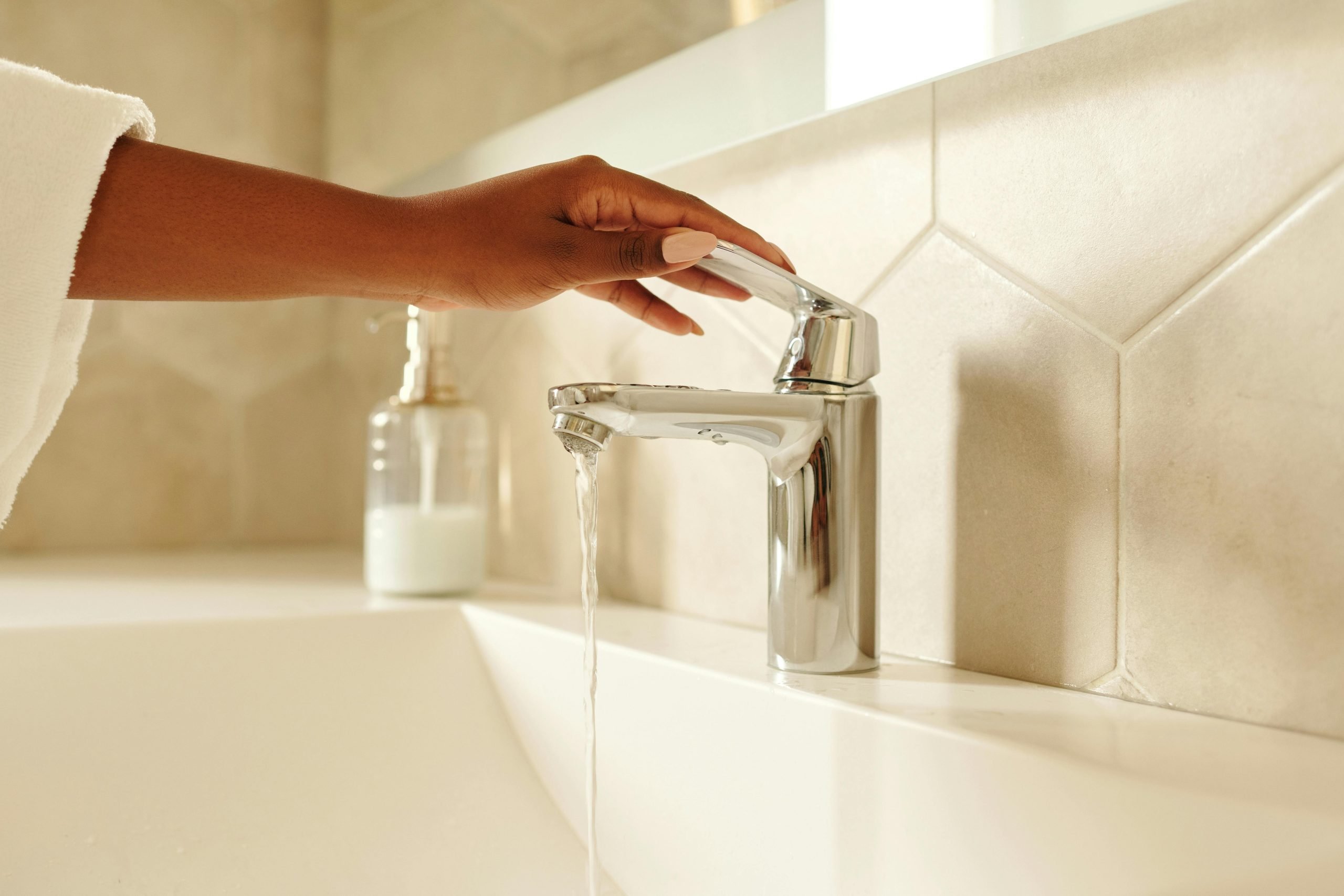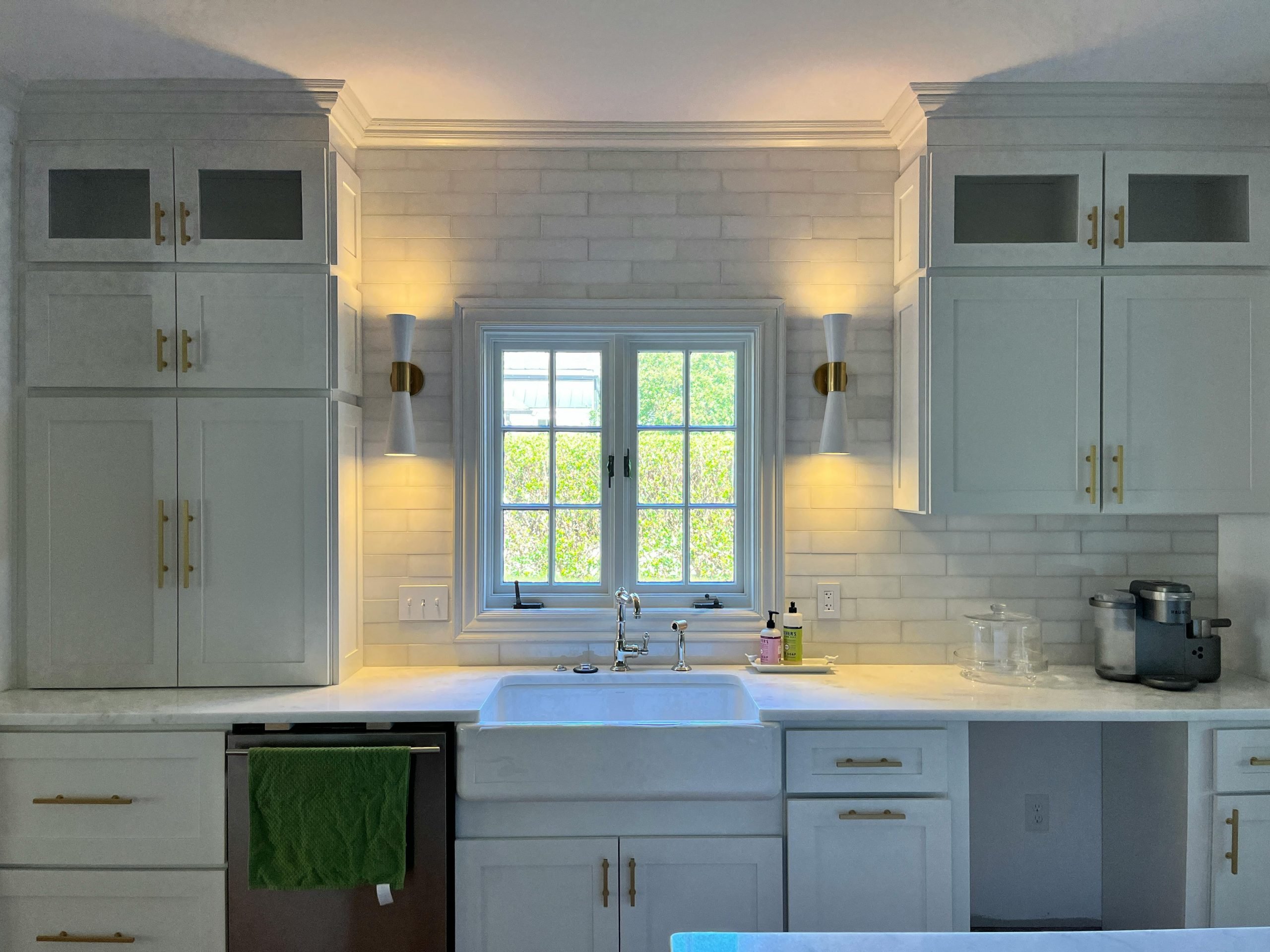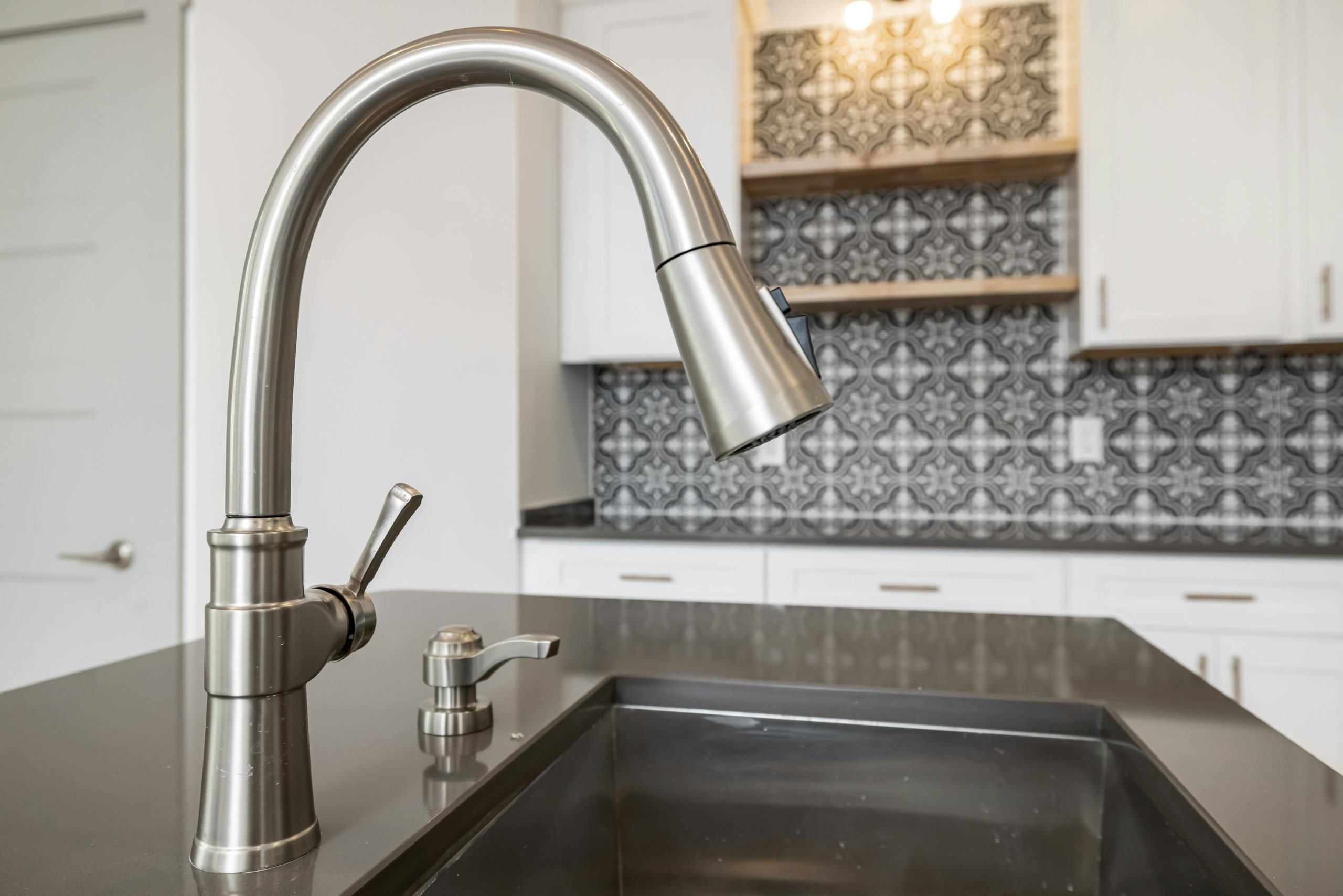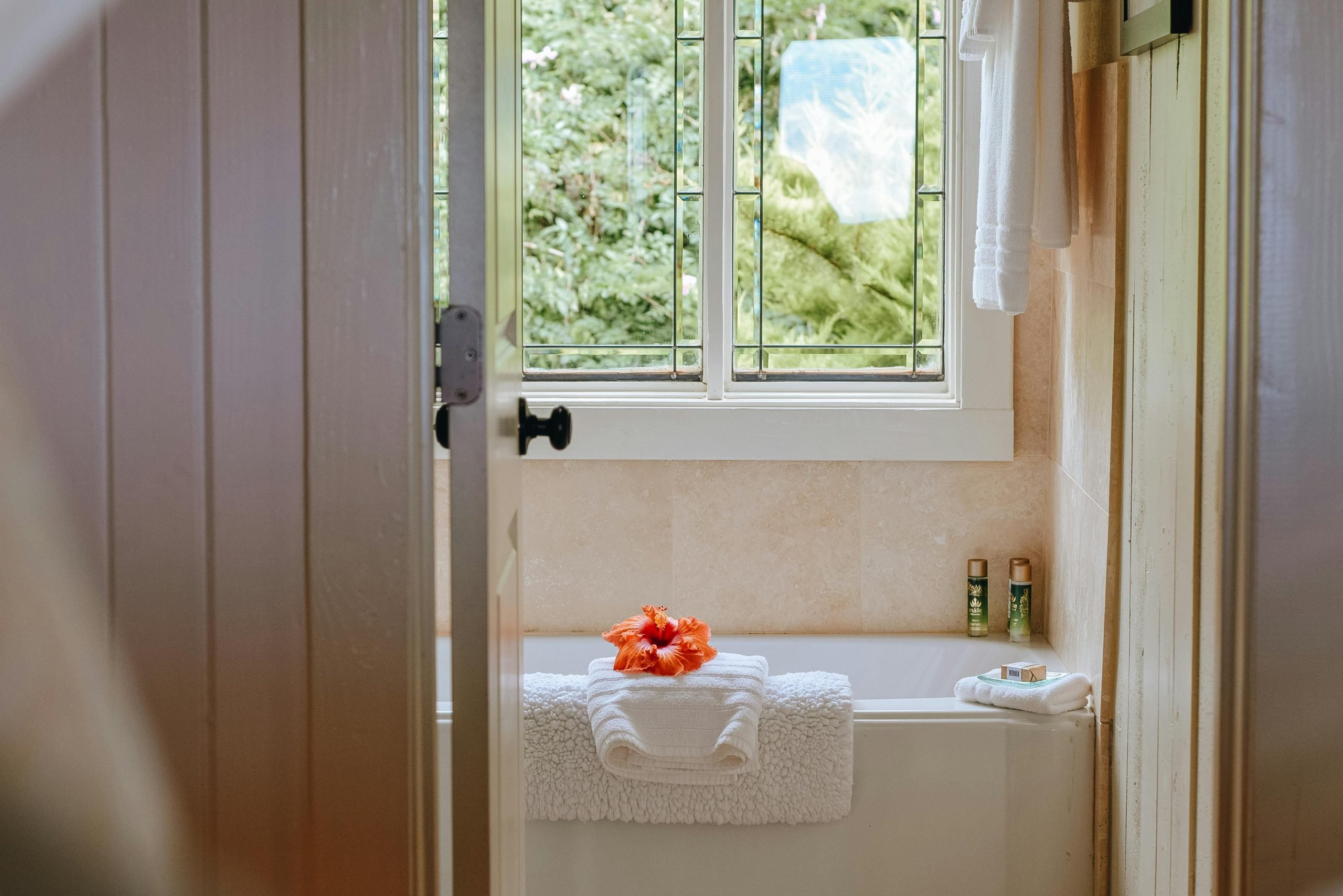When it comes to maintaining your home’s plumbing system, avoiding costly plumbing mistakes is crucial. Service by Scott, a trusted family-owned and operated plumbing company in Woodville, Texas, understands the importance of proper plumbing care. With over 30 years of experience serving Tyler County and neighboring areas, Service by Scott has seen firsthand the havoc that plumbing issues can wreak when neglected.
Plumbing mistakes can lead to significant damage, including burst pipes, water leaks, and costly repairs. However, with the right knowledge and preventive measures, homeowners can protect their investment and avoid potential disasters. In this article, we’ll delve into expert tips and strategies to help you steer clear of common plumbing mistakes, ensuring the health and longevity of your home’s plumbing system. Let’s explore how you can safeguard your home and avoid unnecessary expenses with Service by Scott’s valuable insights.

Regular Maintenance
Maintaining a healthy plumbing system requires regular attention and proactive measures to catch potential issues before they escalate into costly repairs. By implementing a consistent maintenance schedule, homeowners can significantly reduce the risk of plumbing emergencies and prolong the lifespan of their plumbing fixtures and pipes.
Scheduling Annual Inspections
One of the most crucial aspects of regular plumbing maintenance is scheduling annual inspections with a qualified plumber. These inspections allow professionals to assess the condition of your plumbing system, identify any potential problems, and address them before they worsen. During these inspections, plumbers will check for leaks, corrosion, water pressure issues, and other signs of wear and tear that could lead to more significant issues if left unchecked.
Performing Routine Checks
In addition to professional inspections, homeowners should perform routine checks on their plumbing fixtures and pipes. This includes checking for leaks, drips, and unusual sounds such as banging pipes or running toilets. Pay attention to any signs of water damage, such as water stains on walls or ceilings, as these could indicate hidden leaks that need immediate attention. By staying vigilant and addressing minor issues promptly, you can prevent them from turning into costly repairs down the line.
Keeping Drains Clear
Another essential aspect of regular maintenance is keeping drains clear of debris and buildup. Clogged drains can lead to slow drainage, foul odors, and even sewage backups if left untreated. To prevent clogs, use drain strainers to catch hair, food particles, and other debris before they can enter your pipes. Avoid pouring grease, oil, or coffee grounds down the drain, as these substances can solidify and cause blockages over time. Regularly flush drains with hot water or a mixture of baking soda and vinegar to help prevent buildup and keep your drains flowing smoothly.

Proper Fixture Usage
Using plumbing fixtures correctly is essential for maintaining their longevity and preventing costly repairs. Many homeowners unknowingly misuse fixtures like garbage disposals and rely on harmful substances that can damage their plumbing systems. By understanding the proper usage of fixtures and adopting good practices, you can avoid unnecessary wear and tear on your plumbing and keep it in optimal condition for years to come.
Garbage Disposal Best Practices
Garbage disposals are convenient appliances for disposing of food waste, but they can quickly become a source of clogs and damage if used incorrectly. To prevent issues, avoid overloading the disposal with large amounts of food at once, and always run cold water while using it to help flush waste down the drain. Additionally, refrain from putting non-food items such as bones, fruit pits, or fibrous materials like celery or potato peels into the disposal, as these can damage the blades and cause blockages.
Avoiding Chemical Drain Cleaners
While it may be tempting to use chemical drain cleaners to clear stubborn clogs, these products can do more harm than good to your plumbing system. Chemical drain cleaners contain harsh ingredients that can corrode pipes and fittings, leading to leaks and other costly damage. Instead of relying on these products, opt for safer alternatives such as enzymatic drain cleaners or homemade solutions like baking soda and vinegar. These options are gentler on your plumbing while still effectively breaking down organic matter and clearing clogs.
Cold Water Usage with Garbage Disposals
Another important tip for proper fixture usage is to always run cold water when using the garbage disposal. Cold water helps solidify any fats or oils that may be present in food waste, making it easier for the disposal to grind them up and prevent grease buildup in your pipes. Running cold water for a few seconds before and after using the disposal can help ensure smooth operation and prevent clogs caused by grease accumulation. By following these simple guidelines, you can protect your plumbing fixtures and avoid costly repairs caused by misuse or neglect.
Water Heater Care
Your water heater is an indispensable appliance that provides hot water for bathing, cooking, and cleaning. To ensure its optimal performance and longevity, proper care and maintenance are essential. Neglecting your water heater can lead to inefficient operation, increased energy bills, and even premature failure. In this section, we’ll explore essential tips for caring for your water heater and maximizing its lifespan.
Setting the Right Temperature
One of the simplest yet most effective ways to care for your water heater is by setting the temperature to the appropriate level. The recommended temperature for most households is around 120°F (49°C). This temperature is hot enough to meet your daily hot water needs while minimizing the risk of scalding and reducing energy consumption. Avoid setting the temperature too high, as this can not only waste energy but also increase the risk of burns and accelerate sediment buildup inside the tank.
Regular Flushing
Over time, sediment and mineral deposits can accumulate at the bottom of your water heater tank, reducing its efficiency and lifespan. To prevent sediment buildup, it’s essential to flush your water heater tank regularly. Flushing involves draining the tank to remove sediment and debris, allowing your water heater to operate more efficiently and prolonging its lifespan. Ideally, you should flush your water heater tank at least once a year, although households with hard water may need to do it more frequently.
Insulating Exposed Pipes
Insulating exposed pipes connected to your water heater can help prevent heat loss and reduce the risk of freezing during colder months. Insulation sleeves or wraps are readily available at hardware stores and are easy to install. By insulating your pipes, you can improve the overall efficiency of your water heater, reduce energy waste, and protect your plumbing system from potential damage caused by freezing temperatures. Taking these simple steps to care for your water heater can go a long way in ensuring its reliable performance and extending its lifespan, saving you money on energy bills and costly repairs in the long run.

Leak Detection and Repair
Water leaks can be silent yet destructive, causing damage to your home’s structure, promoting mold growth, and driving up your water bill. Detecting and repairing leaks promptly is crucial to prevent costly water damage and preserve the integrity of your plumbing system. This section will discuss effective methods for detecting leaks and the importance of addressing them promptly.
Spotting Signs of Water Leaks
Detecting water leaks early can save you from costly repairs and potential water damage. Keep an eye out for signs such as damp spots on walls or ceilings, musty odors, mold growth, or unexplained increases in your water bill. Pay special attention to areas prone to leaks, such as under sinks, around toilets, and near water-using appliances like dishwashers and washing machines. Conducting regular visual inspections of these areas can help you catch leaks before they escalate into larger problems.
Addressing Leaks Promptly
If you suspect a water leak in your home, it’s crucial to take immediate action to prevent further damage. Start by locating the source of the leak, which may require inspecting pipes, fittings, and fixtures for signs of damage or moisture. In some cases, leaks may be hidden behind walls or under flooring, requiring the assistance of a professional plumber with specialized equipment to detect them. Once the leak is identified, repair it promptly to prevent water from causing further damage to your home’s structure and belongings.
Importance of Main Shut-Off Valve
Knowing the location of your home’s main shut-off valve is essential in case of a plumbing emergency such as a burst pipe. Familiarize yourself with the valve’s location and ensure it’s easily accessible. In the event of a sudden leak or pipe rupture, shutting off the main water supply can help minimize water damage and give you time to call a plumber for repairs. Taking proactive steps to detect and repair leaks can save you from costly repairs and mitigate the risk of water damage to your home. By staying vigilant and addressing leaks promptly, you can preserve the integrity of your plumbing system and enjoy peace of mind knowing your home is protected.
Preventing Frozen Pipes
Frozen pipes can be a homeowner’s worst nightmare, causing extensive damage and disruption to your daily routine. As temperatures drop, unprotected pipes are susceptible to freezing, leading to bursts and costly repairs. However, with proper preventive measures, you can safeguard your plumbing system against the dangers of frozen pipes. In this section, we’ll explore effective strategies for preventing frozen pipes and ensuring your home stays warm and comfortable during the colder months.
Insulating Pipes
Insulating exposed pipes in unheated areas of your home is one of the most effective ways to prevent freezing. Pipe insulation sleeves or wraps are readily available at hardware stores and are relatively easy to install. Focus on insulating pipes in areas such as crawl spaces, attics, and garages, where temperatures are prone to dropping below freezing. By adding a layer of insulation, you can help maintain the temperature of your pipes and reduce the risk of freezing during cold weather.
Allowing Faucets to Drip
Allowing faucets to drip during extremely cold weather can help prevent pipes from freezing and bursting. When water is constantly flowing, even at a trickle, it helps relieve pressure in the pipes, reducing the likelihood of freezing. Focus on faucets located along exterior walls or in unheated areas of your home, as these are most vulnerable to freezing. While allowing faucets to drip may lead to slightly higher water bills, the cost is minimal compared to the potential expense of repairing burst pipes.
Sealing Cracks and Openings
Seal any cracks or openings in exterior walls, foundation, or around pipes to prevent cold air from entering your home and coming into contact with your plumbing. Use caulk or weatherstripping to seal gaps around windows, doors, and entry points where pipes enter your home. Additionally, insulate exterior walls to help maintain a consistent indoor temperature and reduce the risk of freezing pipes. By taking these proactive steps to prevent frozen pipes, you can avoid the headache and expense of dealing with burst pipes and water damage. Stay vigilant, especially during cold spells, and take action to protect your plumbing system from the hazards of freezing temperatures.

Conclusion
In conclusion, maintaining a well-functioning plumbing system is essential for the health and safety of your home. By following the top tips outlined in this article, you can avoid costly plumbing mistakes and ensure the longevity of your plumbing fixtures and pipes.
Regular maintenance, proper fixture usage, water heater care, leak detection and repair, and preventing frozen pipes are all key aspects of preserving your plumbing system’s integrity and functionality. Whether it’s scheduling annual inspections, being mindful of what goes down your drains, or taking steps to prevent frozen pipes during the colder months, proactive measures can go a long way in saving you from expensive repairs and water damage.
At Service by Scott, we understand the importance of a reliable plumbing system, which is why we’ve been serving Tyler County and our neighbors for over 30 years. As a family-owned and operated business, we take pride in providing top-notch plumbing services, including slab leak detection and repair, plumbing installation, maintenance, and 24/7 emergency service.
Don’t wait until a plumbing emergency strikes. Contact Service by Scott today to schedule a plumbing inspection or address any plumbing issues in your home or business. Let us help you keep your plumbing system in tip-top shape, so you can enjoy peace of mind and comfort all year round.
FAQs
How can I prevent clogged drains?
To prevent clogged drains, avoid disposing of grease, oil, and coffee grounds down the drain. Use drain strainers to catch hair and debris, and regularly flush drains with hot water or a mixture of baking soda and vinegar to break down buildup.
What should I do if I discover a water leak?
If you discover a water leak, immediately shut off the main water supply to prevent further damage. Contact a professional plumber to locate and repair the leak, and assess any water damage that may have occurred.
Is it necessary to hire a professional for plumbing inspections?
While homeowners can perform basic checks, professional plumbing inspections are recommended for detecting hidden issues and ensuring the overall health of the plumbing system. Professional plumbers have the expertise and tools to identify potential problems before they escalate into costly repairs.
How often should I replace my water heater?
The lifespan of a water heater can vary depending on factors such as usage, maintenance, and water quality. On average, water heaters last between 8 to 12 years. Signs indicating the need for replacement include age, rust, or frequent repairs.
What are the common causes of frozen pipes, and how can I prevent them?
Common causes of frozen pipes include exposure to cold temperatures and inadequate insulation. To prevent frozen pipes, insulate exposed pipes in unheated areas, allow faucets to drip during cold weather, and seal any cracks or openings in exterior walls to prevent cold air drafts.

